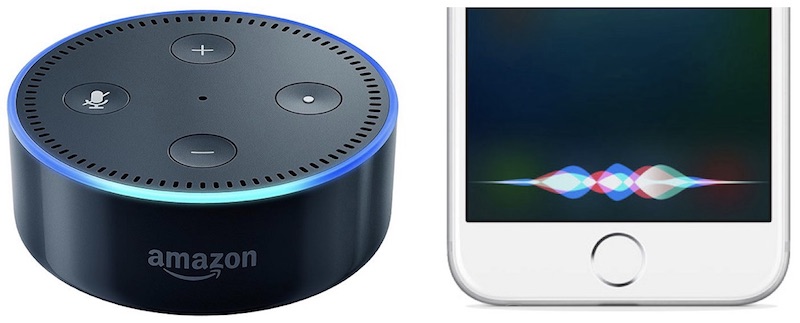Month: February 2019
No, Siri and Alexa Won’t Make Court Reporters Irrelevant

In this age where people ask Siri for directions to a new restaurant, tell Alexa to turn up the thermostat, or dictate texts and tweets on their smartphone using voice-to-text technology, some are wondering whether deposition and courtroom-based court reporters will soon be replaced by machines.
Here are five reasons that the voice recognition technology that powers Siri and Alexa will not replace court reporters any time soon:
First, when you use the voice-to-text feature on your phone or interact with Siri or Alexa, the interaction is between the technology and one human being. In a courtroom or deposition setting, the interactions are human to human, or human to human to human – with interruptions.
Second, when people use Siri or Alexa, their questions or commands usually fall within a narrow range of topics, which the apps have already been programmed to recognize. In a legal setting, any topic could be covered on any given day, and in courtrooms multiple topics are covered in one day.
Third, apps like Siri, Alexa, and voice-to-text are usually used by only one person or a handful of people (in the case of an Alexa in the home). Over time, the apps learn the voice and speech patterns of those people and their translations become more accurate. “When you talk to Alexa you are mostly using the same five sentences. Turn the light off, or order me this. Play this song,” said Gerald Friedland, an adjunct associate professor in electrical engineering and computer science at the University of California, Berkeley. “The moment you go from humans talking to computers to humans talking to humans, things get much harder.”
Fourth, hundreds of people are heard in a single courtroom in any given year, appearing as counsel, witnesses, or parties to litigation. Some speak with heavy accents or regional dialects. The technology has not advanced to the point where it can accurately recognize accented speech or colloquialisms.
Fifth, unless voice recognition technology is going to be trained to stop the proceedings when attorneys speak over each other or are speaking too fast, the resulting transcript will be gobbledygook. As one attorney recently said:
“Lawyers tend to forget that when in court they are making a record, and get lost in the heat of the moment,” said Nate Alder, an attorney with Christensen and Jensen in Salt Lake City, Utah. “If you were to go to a deposition, court reporters are always reminding lawyers to speak one at a time. I think the highest level of accuracy is a court reporter slowing everyone down and making sure everyone takes their time.”
Even if the technology advanced to the point where these shortcomings were addressed, it would still be necessary to have a trained court reporter review the transcript for accuracy and provide a certified copy. There is too much at stake in civil lawsuits and criminal trials to allow any margin of error.
At Winston-Salem Court Reporting, we understand how important accurate, timely deposition transcripts are to you. Schedule your next North Carolina deposition today using our online tool or calling 336-790-1819.